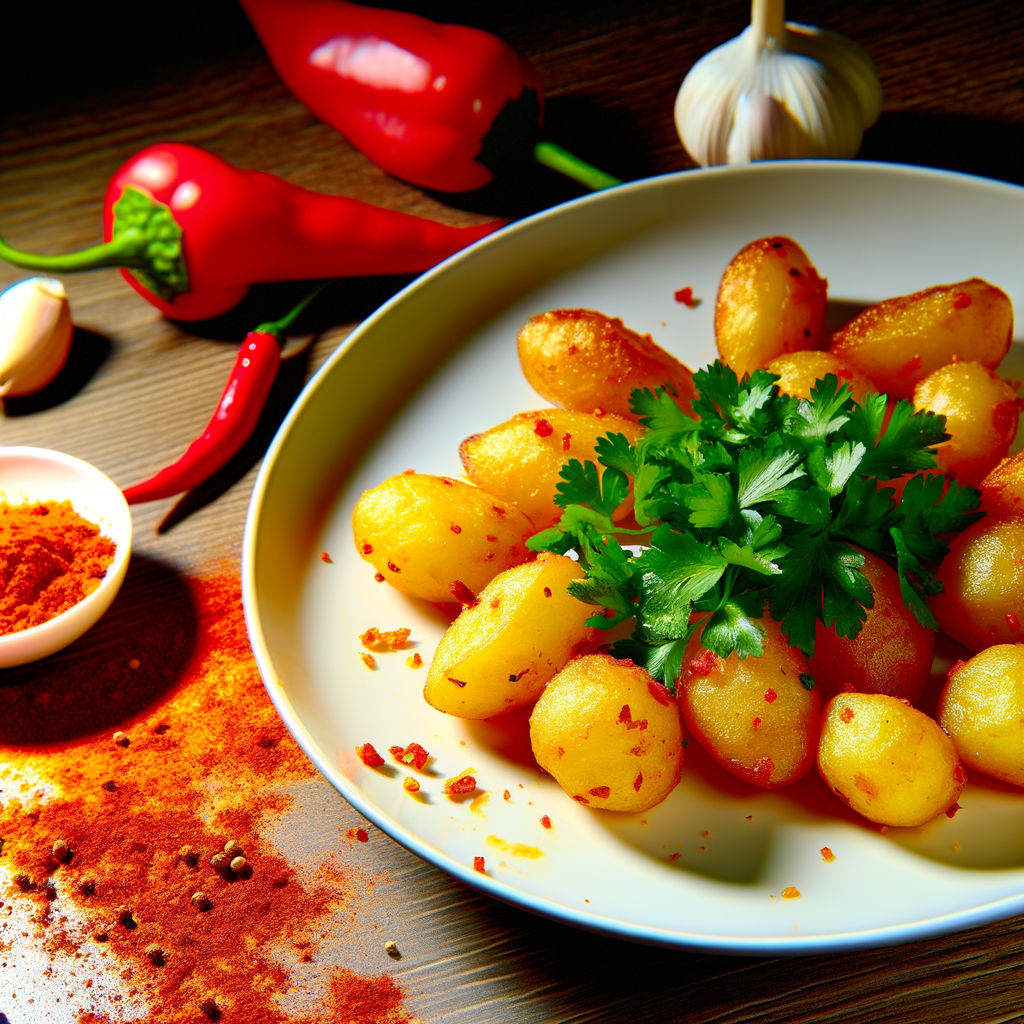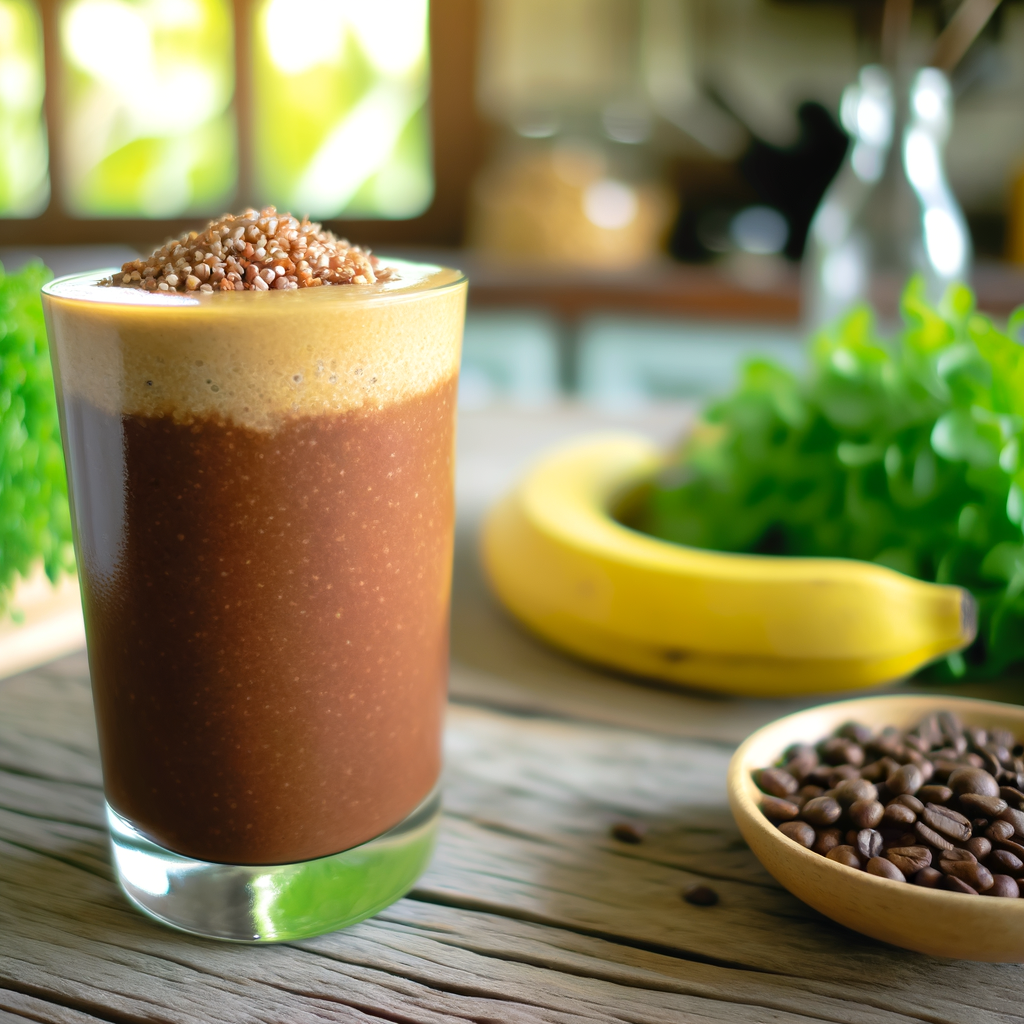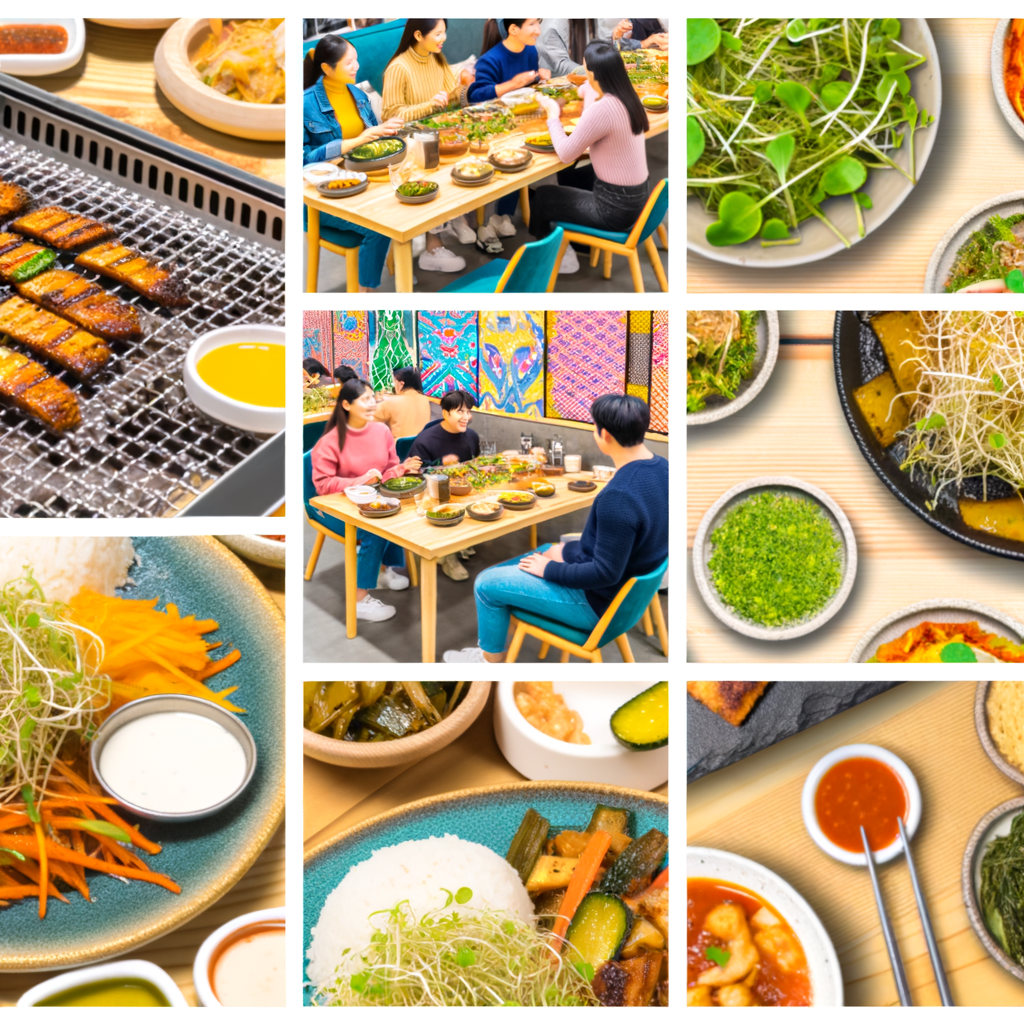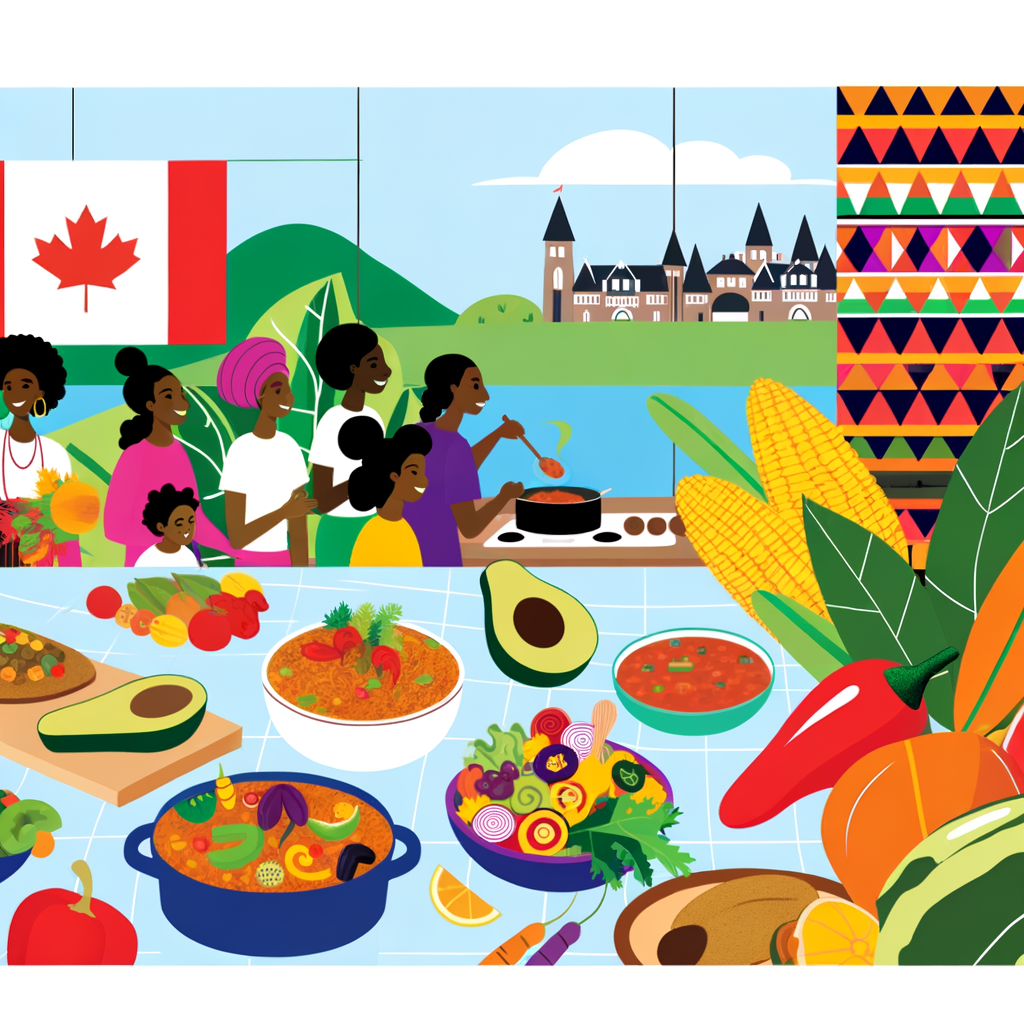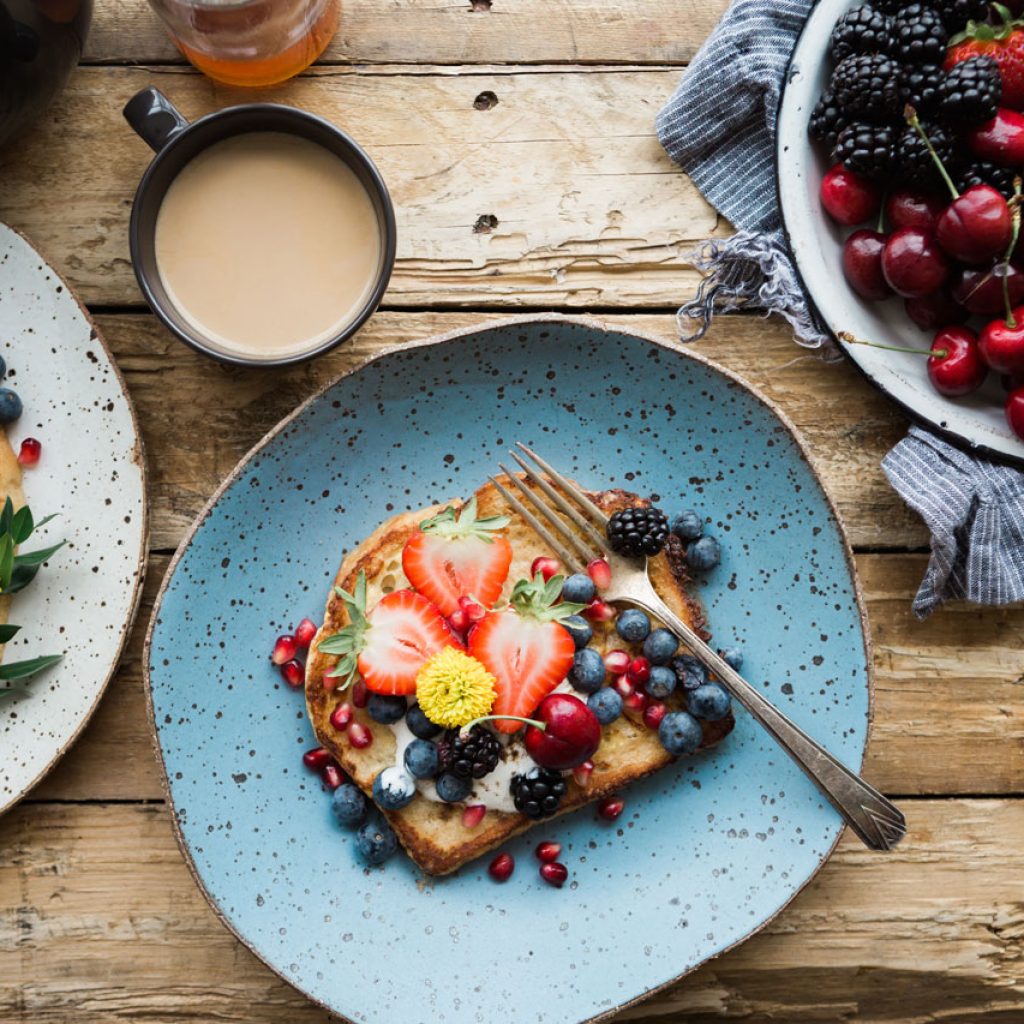Olympians in Paris Express Concerns Over Meat Dishes and Vegan Options
The 2024 Summer Olympics in Paris have brought a spotlight to various aspects of the event, including athlete accommodations, facilities, and now, meal options. As athletes from around the world gather to compete, their dietary needs and preferences have become a significant focus of discussion. Recent complaints about the lack of diversity in meal options, specifically the balance between meat dishes and vegan alternatives, have raised eyebrows and sparked a broader conversation about catering to diverse nutritional requirements.
Why Nutritional Diversity Matters in Olympic Meals
Athletes rely heavily on their diet to fuel their performance. The availability of a well-balanced diet that aligns with their training regimens is crucial for peak performance. The issue of providing adequate vegan options alongside traditional meat dishes is not just about preference; it’s about ensuring that every athlete has access to the nutrition they need.
Key Concerns Raised by Olympians
Olympians have voiced several specific concerns regarding the meal options provided at the Paris Games:
- Lack of variety: Many athletes have pointed out that the menu lacks sufficient diversity, particularly in vegan options.
- Nutritional balance: Ensuring that vegan options provide the same nutritional benefits as meat-based meals is essential.
- Cultural preferences: Athletes come from various cultural backgrounds and have different dietary restrictions, making a one-size-fits-all approach problematic.
The Importance of Vegan Options
The growing trend towards plant-based diets is not just a fad but a well-researched and supported lifestyle choice. Many athletes have adopted vegan diets for the multitude of benefits they offer, including improved digestion, faster recovery, and reduced inflammation. However, a successful plant-based diet requires careful planning to ensure all nutritional needs are met.
Nutritional Requirements for Vegan Athletes
Vegan athletes need to ensure they are getting an adequate intake of essential nutrients that are typically found in meat. Key nutrients include:
- Protein: Plant-based sources like lentils, chickpeas, and quinoa provide the necessary protein.
- Iron: Spinach, lentils, and fortified cereals can help meet iron needs.
- Vitamin B12: Supplements or fortified foods are crucial for this nutrient.
- Calcium and Vitamin D: Found in fortified plant milks and leafy greens.
Providing a balanced vegan menu that meets these requirements is essential for supporting vegan athletes.
Challenges in Catering for a Globally Diverse Athlete Community
Catering for athletes from various countries and backgrounds presents unique challenges. Each country has its culinary traditions and dietary staples, which athletes may prefer or need to adhere to for cultural or religious reasons.
Ensuring Inclusivity and Diversity
To better cater to this diverse group, organizers need to:
- Conduct surveys: Understand the dietary needs and preferences of athletes before finalizing the menu.
- Collaborate with nutritionists: Work with experts to design meals that are both nutritious and inclusive.
- Offer customization: Allow athletes to customize their meals to better suit their dietary requirements.
Steps Taken by the Organizing Committee
In response to the feedback, the organizing committee for the Paris Olympics has begun to address these concerns. They have pledged to:
- Increase variety: Introduce more plant-based options that are as varied and appealing as meat-based meals.
- Ensure nutritional balance: Work with dietitians to ensure that all meal options meet the nutritional needs of high-performance athletes.
- Cater to cultural needs: Incorporate dishes that reflect the culinary traditions of the participating nations.
Feedback Mechanisms
The committee has also introduced feedback mechanisms to continually improve the meal offerings. Athletes can now provide real-time feedback on their meals, which will be used to make necessary adjustments.
Athlete Well-Being Beyond Performance
The issue of meal diversity extends beyond just fueling performance. It touches on the overall well-being and satisfaction of athletes. A well-fed and happy athlete is more likely to perform better and have a more positive experience at the Games.
The Psychological Aspect
Food can play a significant role in an athlete’s mental state:
- Comfort and familiarity: Eating food that is familiar can provide comfort and reduce stress.
- Feeling valued: Knowing that their dietary needs are being heard and met can boost morale.
In conclusion, the concerns voiced by Olympians in Paris regarding meal diversity are valid and crucial for their performance and overall experience. The discussion highlights the need for a nuanced approach to catering that respects and accommodates diverse dietary requirements. As the organizing committee takes steps to address these issues, the hope is that future events will be even more inclusive, ensuring that every athlete feels supported and valued.


